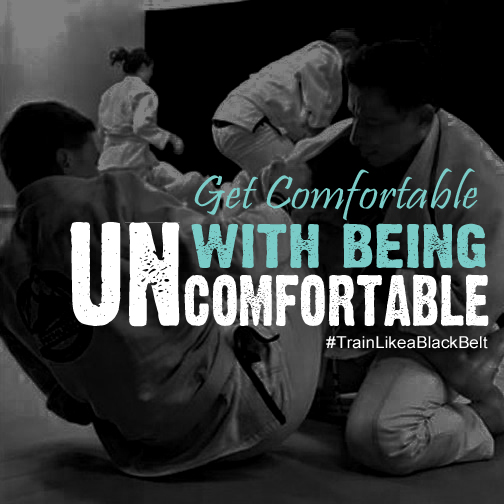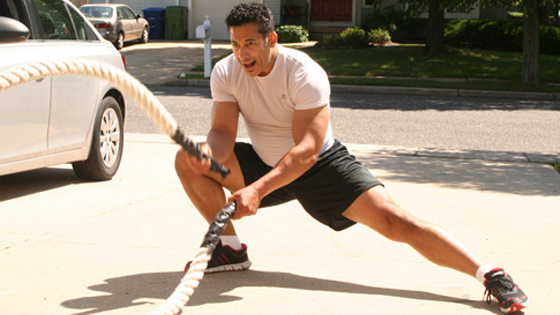Resilience Is A Discipline, It Takes Work
This is Pete’s Podcast #14 and day #15956 on my way to my 100th birthday
Today I want to talk about “resilience”.
Resilience is the power and ability to recover from illness, depression, adversity, set-backs or challenges.
I did some research and wrote a quick piece that I would like to share with you called:
 RESILIENCE IS A DISCIPLINE, IT TAKES WORK
RESILIENCE IS A DISCIPLINE, IT TAKES WORK
Here is what I wrote:
So much is said and written about resilience within the scientific fields and in popular literature today that it can become a little confusing, even to the point of disagreement about how to define it. Here are some questions that were asked and answered by “experts” studying this phenomenon
– Are there genetic components that probably give some folks an edge simply by their birthright? (probably yes).
– Are there childhood experiences that can make it more difficult for us to be resilient adults (probably yes).
– Are there psychological profiles and biomarker clusters that correlate with how resilient or not an individual seems? (probably yes).
– Are there anatomical brain differences in the primary stress circuits of the brain (amygdala, hippocampus, and prefrontal cortex) that may effect resilience? (again, probably yes).
With that said, all of the research that I came across that is being done in these areas I find extremely exciting. In time I know we will know much more and with more certainty how all of this ties together. But we don’t need to wait until a gold standard is reached before we can personally address the challenge of resilience. There are already enough hints that indicate that there are things we can do to improve our resilience, regardless of life situation and experiences. The emphasis here is going to be on the power of choice, discipline and simply ‘doing’.
Resilience is not a passive activity. It’s active.
The more passive you are the more stuck you are with what life has dealt you. But, the more active and disciplined you are in following what we already know, the more you can move beyond what you see as your limitations to being more resilient. You are not going to get there by simply listening to this podcast and thinking about it. You must choose to be disciplined and take action.
So, what can we do?
Here are a two action steps based on what we know from the research.
Action step #1: Improve the quality of your social connections and support.
Bruce McEwen, one of the most renown neuroscience researchers of our time, writes about the importance of what he calls ‘social integration’. This is defined as “an individual’s effortfs in engaging in social engagements and relationships, cognitive
construal of their communality, and identification with diverse social roles.” (McEwen, 2011).
Let me explain…
Essentially Bruce is saying that research from many diverse fields all support the notion that having deep and varied social connections help us to have healthier and even longer lives. More importantly, the intentional effort to improve our social connections and support is essential. No matter what attachment style and relationship issues were emerged from childhood that we drag along with us, we can take proactive steps from where we are to improve our resilience in this area.
So no matter where you are in your life, make the effort to connect with others. Make use of this amazing technology and connect with people that can support and encourage you.
 Action step #2: Use physical exercise to help build your resilience.
Action step #2: Use physical exercise to help build your resilience.
Anyone who knows me is well aware of the emphasis I place on physical fitness. Should you ever find yourself participating in one of my martial arts classes or workshops, be sure to wear clothing you can move in because you will be doing pushups, jumping jacks, sit-ups and maybe even burpees. :D
So what’s the big deal about exercise?
There are some obvious answers to this which is why most physicians worldwide recommend it. The cardiovascular benefits alone are compelling enough to start doing more of it.
In addition it can help reduce your risk of diabetes and several kinds of cancer; it can also help you combat depression and anxiety, increase bone density and strength and even help you sleep better and deeper. With a list like this I have to wonder why many of us aren’t getting out and exercising more often!
Another obvious benefit of staying physically fit is that it allows us to protect ourselves better should we ever find ourselves in a bad situation. Especially for those of us who are employed or live in higher risk environments. Being able to move fast and quickly is a clear advantage.
If you had to run for your life, could you? If you couldn’t run for your life, do you have the skills and the physical, mental and emotional where-with-all to stand up and fight for your life?
In broad sense, the research shows that over time with exposure to overly stressful situations our amygdala (the alarm bell or freak out center) grows denser or bigger. Our prefrontal cortex and hippocampus get damaged and essentially shrink from the same experiences. Think of the hippocampus as a kind of shock absorber for the amygdala. When the amygdala freaks out and sends the screaming message to flight or fight, the hippocampus tries to provide context appraisal and question whether such a massive response is necessary. So what happens if your hippocampus starts to limp and not function well?
Think about it. Right! You guessed it! You’ll start panicking and reacting to every bump in the road with an all hands on deck fight or flight alarm – which would not be a good thing. Over time you will most likely find yourself dealing with depression, post traumatic stress, anxiety and other resilience eroding issues.
So what does physical exercise have to do with this?
Strangely enough the research indicates that exercise promotes neurogenesis in the hippocampus. Simply put it helps grow your hippocampus even if you are over fifty-five years old like me.
They really don’t know why this is even though evolutionary psychologists have speculated about it. But we do know it happens.
Using the analogy of a car on a bumpy road, if you have better shock absorbers, you’d be better equipped to negotiate a tougher road without you or your car falling apart. Given that life is full of ups and downs and rollercoaster rides of bumpy rough and tough roads, it just makes sense to have the best shock absorbers physical exercise can bring!
Hopefully you will get up from listening to this podcast and feel so enlightened and compelled that you will go out and exercise. Just don’t expect that your hippocampus is going to be bigger when you get back from your workout. It takes six to eight weeks for neurogenesis to occur. NO. there are no quick fixes here. Hence the title of this podcast: Resilience is a Discipline – it takes work!
So…with all that said… get up. get out. Exercise and get it done!
=====
 Health Tip: Martial arts for a complete body exercise strategy – physical, mental, emotional training in developing and building RESILIENCE …
Health Tip: Martial arts for a complete body exercise strategy – physical, mental, emotional training in developing and building RESILIENCE …
EXERCISING YOUR POWER OF CHOICE
SUPPORTS IMPLIMENTATION OF YOUR DISCIPLINE.
DO YOUR BEST FORGET THE REST.
YOUR EGO IS THE ENEMY. DON’T LISTEN TO IT!
====
That’s all I have for you today…
~~ My final thoughts…
If you have a question that you would like to ask me, send it on any of the social networks: Facebook, Instagram, Twitter or Snapchat. You can also email your questions to Peter@PeterLiciaga.com
As always, I like to end my podcasts with a reminder to support the work that’s being done in your communities:
– share on your social networks: FB, Instagram, Twitter, or email.
– Join a martial arts program: Get disciplined. Know how to protect yourself.
– Get healthy and fit AND share your journey to inspire others to do the same
– Let me know how I can help you
ALWAYS REMEMBER AND NEVER FORGET… “DISCIPLINE EQUALS FREEDOM
Thank you for spending this time with me. I really do appreciate it.
Until next time…have a great day.

